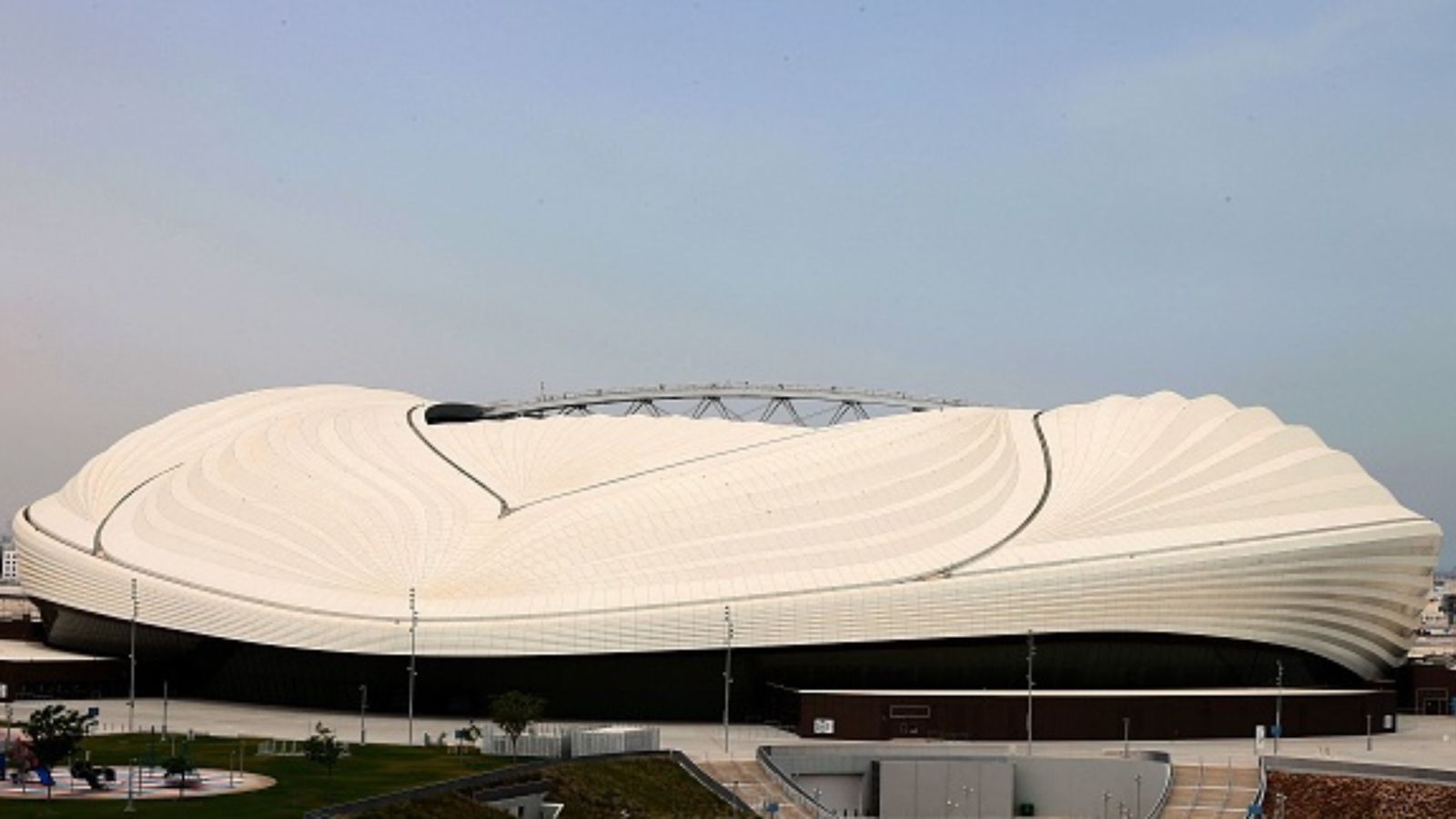For the first time in the 92-year history of the FIFA World Cup, the mega event is being held in the winter months, to accommodate the weather of the hosts Qatar. The country are the first Middle Eastern nation to host the coveted event, but because of the flustering weather, some adjustments for the World Cup had to take place before the games kicked off.
Usually, the FIFA World Cup is held in the summer months of June and July. but FIFA changed the timeline of the event keeping in mind the country's brutal heat waves during the summer months. In the 2022 edition of the tournament, the matches began on November 20 and are scheduled to conclude on December 18.
The idea of hosting the World Cup in winter was initially met with a lot of objection from the competing nations, because of the impact on the domestic European seasons. However, FIFA kept their stance till the very end as Qatar pushed to host the World Cup in November-December.
Qatar Stars League
The domestic league of Qatar, called the Qatar Stars League, usually runs from September to April because of the excessive heat in the country. Average temperatures in the country reach as high as 33 degrees celsius at the end of April. As part of Qatar's bid to address the issues of heat and humidity, including in the winter months, each World Cup stadium has been fitted with 'focused cooling' air-conditioning system.
Temperatures in Doha in winter
Temperatures during the winter months in Qatar, specifically in Doha, average between 21-25 degrees celsius as compared 37 degrees celsius in the summer months.
How did Qatar win the bid for World Cup
For the 2022 edition of the World Cup, the FIFA Executive Committee voted to decide which candidate should host the tournament. The multiple-round ballot system was used to determine the tournament host. All eligible members of the FIFA Executive Committee had one vote.
The candidate country that received the fewest votes in each round was eliminated until a single candidate was chosen by the majority. In the event of a tied vote, FIFA President Sepp Blatter would have had the deciding vote. There are twenty-four members on the committee, but two of those were suspended due to accusations of selling votes.
Qatar staved off challenges from Australia, Japan, South Korea and the United States in what has been called the most controversial World Cup bidding process in the history of the competition.


